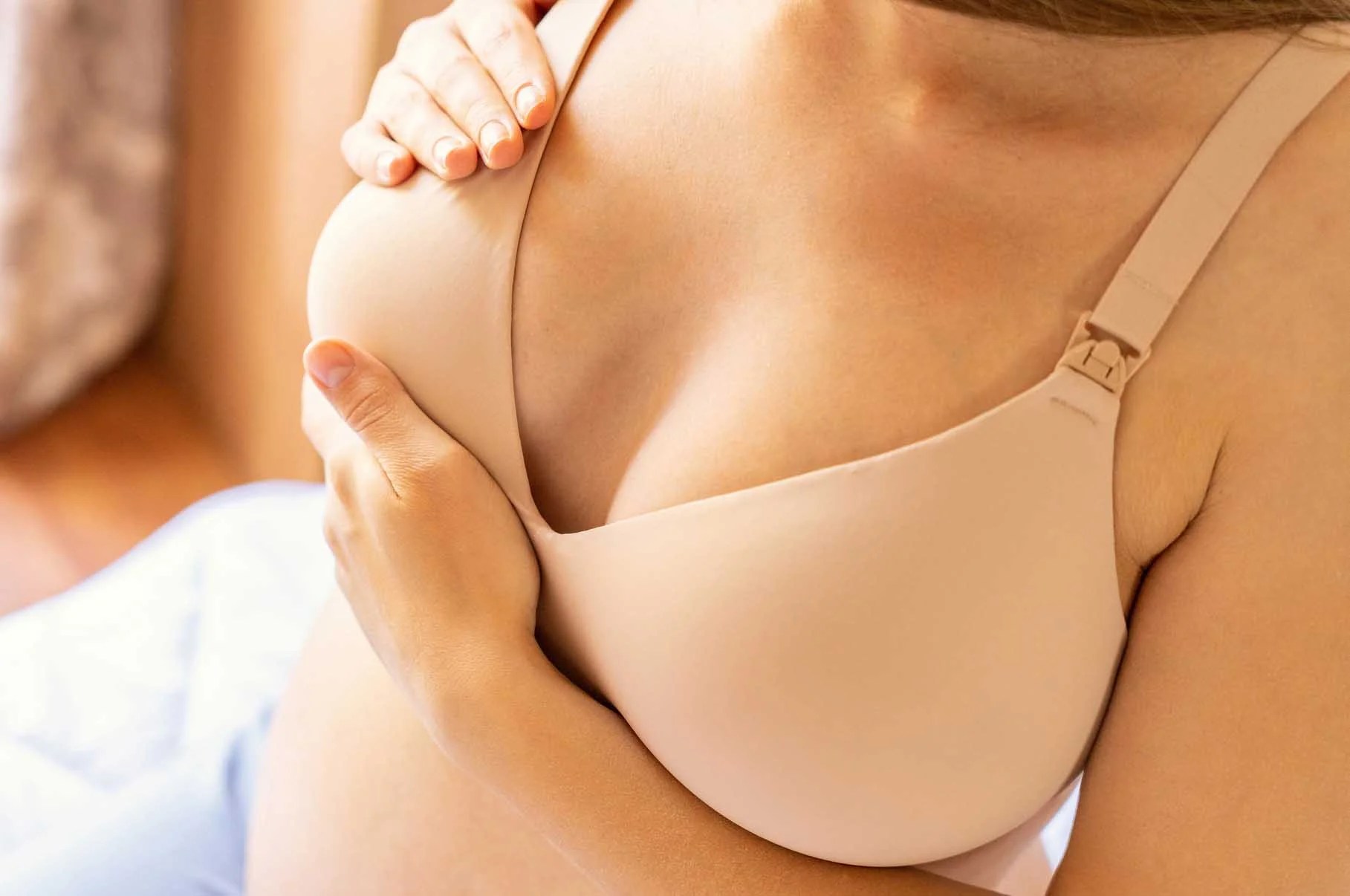
A new poll suggests that almost half (45 per cent) of women in the UK are not regularly checking their breasts for potential signs of cancer.
Breast Cancer Now said the finding is a “serious cause for concern” given that early detection of the disease gives patients a better chance of successful treatment.
The charity noted that around two-thirds of breast cancers in England are discovered when women notice a breast change and consult their GP.
The latest figure is a four-year high, with polling in 2022 recording that 41 per cent were not checking their breasts regularly
Meanwhile, some 11 per cent of women surveyed said they have never checked their breasts.
The survey of 2,283 UK women found that there are multiple barriers which prevent regular checks, including forgetting to check, not being in the habit of checking, a lack of confidence in how to check their breasts and not knowing how to check breasts.
Of the women who check their breasts for possible signs and symptoms of breast cancer, 32 per cent said they do not feel confident that they would notice a breast change, according to a YouGov poll.
Manveet Basra, associate director of public health, inclusion and awareness at Breast Cancer Now, said: “That the number of women in the UK still not regularly checking their breasts is at a four-year high is deeply concerning, given the sooner breast cancer is diagnosed, the better the chances of treatment being successful, and lives potentially being saved.
“More must be done to ensure women both know the possible signs and symptoms of breast cancer and the importance of establishing this vital health check as part of their routine.
“Our new ‘Checklist’ campaign, launching this Breast Cancer Awareness Month, aims to tackle this health challenge head-on, ensuring women put regular breast checking at the top of their to-do list.”
She added: “Breast checking only takes a few minutes and there’s no right way to do it, as long as it’s done regularly.”

Carmen Lorimer, 40, from West Lothian, Scotland, was diagnosed with breast cancer in 2023 after discovering a lump in her breast.
“I wasn’t in the habit of regularly checking my breasts, but I noticed a lump when I was in the shower one day,” she said.
“When the consultant told me that it was stage one breast cancer, I was relieved beyond belief. I didn’t care what treatment or surgery was needed; I just needed to hear they could save me.”
The mother of two had a lumpectomy and had lymph nodes removed. She also had a course of radiotherapy and tamoxifen.
“When you get a scare that it could all be taken away from you so prematurely, it really is an eye opener and shows you how precious life is,” she added.
“I will always be grateful to my medical team for quite literally saving my life, and now my boys will have their mum.
“Finding breast cancer early is crucial, so I want to encourage people to check their breasts regularly and know the signs and symptoms to look out for.”
Dr Louise Wilkinson, NHS national speciality advisor for breast screening said: “Breast cancer remains one of the most common types of cancer, but it also has one of the highest survival rates thanks to greater awareness and advances in NHS screening and treatment – and so I would also urge anyone who has received a breast screening invitation to make an appointment: it could save your life.”
Symptoms of breast cancer include: a lump or swelling in the breast, upper chest or armpit; a change to the skin, such as puckering or dimpling; a change in the colour of the breast; changes in size or shape of the breast; a change in the nipple; a rash or crusting around the nipple or unusual liquid from either nipple.
Breast Cancer Now said that on its own, pain in the breasts is not usually a sign of breast cancer, but it said women should look out for pain in their breast or armpit that is there all or almost all the time.




